Recently the question came up what the difference is between the usual implication operator (|->) and the implies operator in SystemVerilog. Unfortunately I couldn't find a clear answer yet. However, I collected the following information:
From SystemVerilog LRM 1800-2012:
§ 16.12.7 Implies and iff properties:
property_expr1 implies property_expr2
A property of this form evaluates to true if, and only if, either property_expr1 evaluates to false or property_expr2 evaluates to true.§ F.3.4.3.2 Derived Boolean operators:
p1 implies p2 ≡ (not p1 or p2)§ F.3.4.3.4 Derived conditional operators:
(if(b) P) ≡ (b |-> P)
However, the LRM does not really point out what the actual difference is. I assume that they differ in the evaluation in case of a false antecedent (success vs. vacuous success), but I could not find any source or evidence for this assumption. Moreover, I know that the implies operator is very common in combination with formal verification tools like OneSpin.
Could anyone help me out?
P.S.: It seems there is an answer to this question in the following book: SystemVerilog Assertions Handbook, 3rd Edition. But $155 is a bit too much for me just for getting the answer to this question :)
 Property p2 passes and p1 fails:
Property p2 passes and p1 fails:
